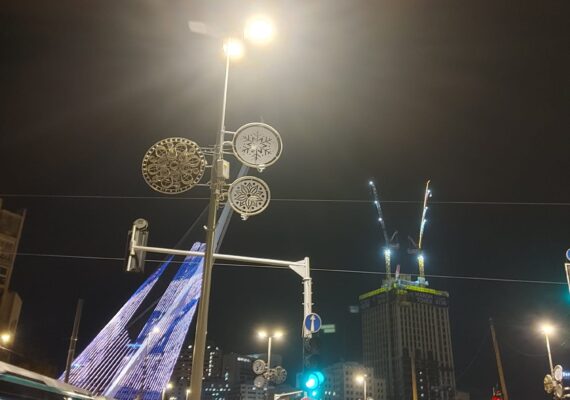1. What are the current trends in new real estate developments in Israel?
Israel’s real estate market has seen several trends in recent years, particularly in the residential sector. Key trends include:
- Urban Expansion: Developers are increasingly focusing on high-density projects in major cities like Tel Aviv, Jerusalem, and Haifa, as urban sprawl continues to grow.
- Sustainable Building Practices: There’s a shift towards eco-friendly construction, with green buildings and energy-efficient homes becoming more common.
- Smart Homes: New developments often feature smart home technology, offering automation for lighting, climate control, and security.
- Mixed-Use Developments: Integrated spaces with both residential and commercial components are rising in popularity, especially in areas near public transport hubs.
2. How can I identify the best new developments for investment in Israel?
When evaluating new developments for investment, consider the following factors:
- Location: Properties in major urban centers like Tel Aviv, Jerusalem, and Herzliya typically offer better long-term returns due to high demand.
- Development Quality: Look for reputable developers known for building high-quality, durable structures. Review their past projects to gauge reliability.
- Growth Areas: Keep an eye on neighborhoods undergoing gentrification or those near upcoming infrastructure developments (new train stations, highways, etc.), as these areas tend to see rapid appreciation.
- Rental Potential: If your goal is rental income, focus on areas with high demand from expatriates, students, or tech workers—especially near business hubs and universities.
3. What are the financial considerations when buying new real estate in Israel?
In addition to the purchase price, there are several financial aspects to consider:
- Purchase Tax (Mas Rechisha): This tax ranges from 0% to 8% depending on the property price. It’s a one-time payment due at the time of purchase.
- Mortgage Availability: Foreign buyers can obtain mortgages, but typically only up to 50% of the property value. Israeli banks may have specific requirements for foreign buyers.
- Closing Costs: Apart from the purchase tax, you should budget for lawyer fees, notary costs, and registration fees, which generally total around 1-2% of the property price.
- Maintenance Fees: New developments often come with monthly maintenance fees for shared spaces and services, so be sure to factor these into your budget.
4. Are there any restrictions for foreign buyers in Israel?
Foreign buyers can purchase property in Israel, but there are some regulations to be aware of:
- Agricultural Land: Foreigners are prohibited from purchasing agricultural land unless they meet certain criteria (e.g., working in agriculture). Residential properties and commercial real estate are generally available to foreign buyers without restriction.
- Approval for Land Purchases: In some cases, a foreign buyer may need approval from the Israeli government, especially if the property is in a sensitive or strategic location.
5. What are the risks associated with investing in new developments in Israel?
While the Israeli real estate market is generally stable, there are some risks to consider:
- Market Fluctuations: The real estate market can be volatile, particularly in high-demand areas where prices can fluctuate significantly.
- Regulatory Changes: Changes in government policies, such as new tax laws or changes to foreign ownership rules, could impact property values and investment returns.
- Construction Delays: Delays in construction or issues with the quality of the building materials can impact your investment’s timeline and profitability.
6. How long does it take to complete a new development project in Israel?
The timeline for completing a new development in Israel typically ranges from 2 to 4 years, depending on the scale of the project and local regulatory approval processes. Smaller residential projects may take less time, while larger mixed-use developments can take longer.
7. What is the outlook for real estate in Israel over the next few years?
The outlook for real estate in Israel remains positive, with continued urbanization and population growth driving demand. The market is expected to see gradual price increases, particularly in high-demand areas. Additionally, Israel’s thriving tech and business sectors continue to attract both local and international investors, further fueling the real estate market.
8. How much is typically required for a down payment when buying a new property in Israel?
Many new real estate projects in Israel offer the attractive benefit of requiring only a 10% down payment upon signing. This makes it more accessible for buyers, especially those who may not have the full purchase price upfront. The remaining balance is usually due upon completion of the property, which can offer flexibility for investors and homebuyers alike.




